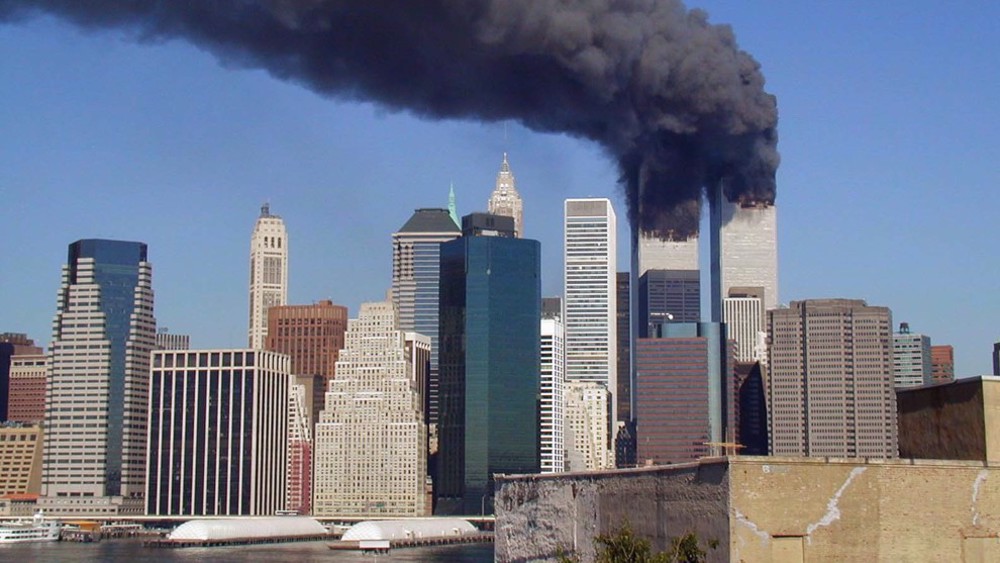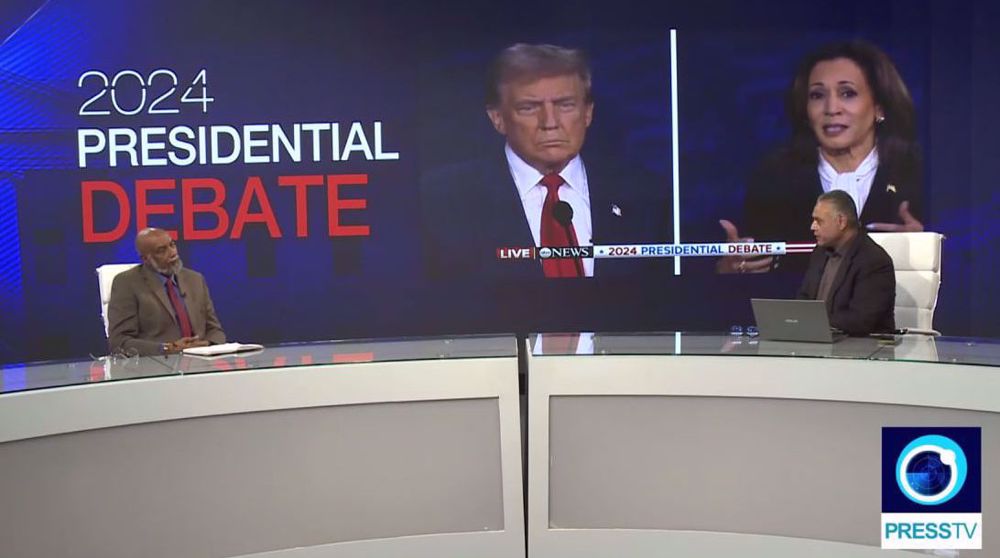Differences over list of terrorists hampering Syria talks: Activist
Press TV has interviewed Ibrahim Mousawi, a political analyst in Beirut, to discuss the third round of international talks in New York on Syria aimed at resolving the foreign-backed crisis in the Arab state.
The following is a rough transcription of the interview.
Press TV: The necessity of having two lists, one that recognizes the legitimate opposition of Syria and the other one that points out who the terrorist groups are and cannot be negotiated with, has been agreed upon both by the US and Moscow, so why wasn’t it drawn up before these talks?
Mousawi: There is a problem actually about the definition of the terrorist groups. This is the problem that is happening now in the negotiations. We know very well that there is a dispute and division among the different parties who are the groups that should be designated as terrorist groups.
We know very well that Saudi Arabia has been exercising pressure; other countries are exercising pressure in order to exclude certain groups. When you talk about three major groups - Ahrar al-Sham, al-Nusra and Daesh - that they agreed upon the terrorist groups, but you have so many different other groups that are following necessarily certain Arab countries. We know that even in the [Persian] Gulf countries, there is a division between Saudi Arabia and Qatar, there is a division also with the Emiratis and we know that those factions that work on the ground, they follow certain countries. This is a common knowledge now.
So the disagreement about reaching a decisive definition, a clear-cut definition, a crystal clear definition about who the terrorists are is making all of this dispute among different parties negotiating the list.
Press TV: Would you agree that as these parties squabble over who is a terrorist and who is not, the lines are becoming clear as to who wants what in Syria?
Mousawi:…You are absolutely right. When you talk about the agenda, there is a difference in the agenda as well. The goals of the different factions, the goals of their sponsors, the regional countries, we know very well the dispute is not only on the designation of the different parties also about the goals. We know very well there are variances and variations and no one sees even on the position about how to conduct talks with the Syrian government.
That is why you will see that those who follow Turkey, those who follow certain [Persian] Gulf countries, they [do not have] any complete accord on what to do or what kind of agenda they have to have, what goals they want to reach. That is why you see even on the ground that the kind of actions that are being taken, they vary from one faction to another.
US House passes bill targeting charities and pro-Palestine groups
VIDEO | Supporting Gaza genocide
Hezbollah attacks Israeli forces after Lebanese homes blown up
World leaders, states hail ICC arrest warrants for Netanyahu, Gallant
MP: US accountable for possible Israeli 'foolishness' to attack Iraq
VIDEO | Israeli policies strangle Palestinian agriculture, economy
Iran's president offers condolences to Pakistan over terrorist attack
Canada’s Yukon town council at standstill over refusing oath to King Charles














 This makes it easy to access the Press TV website
This makes it easy to access the Press TV website